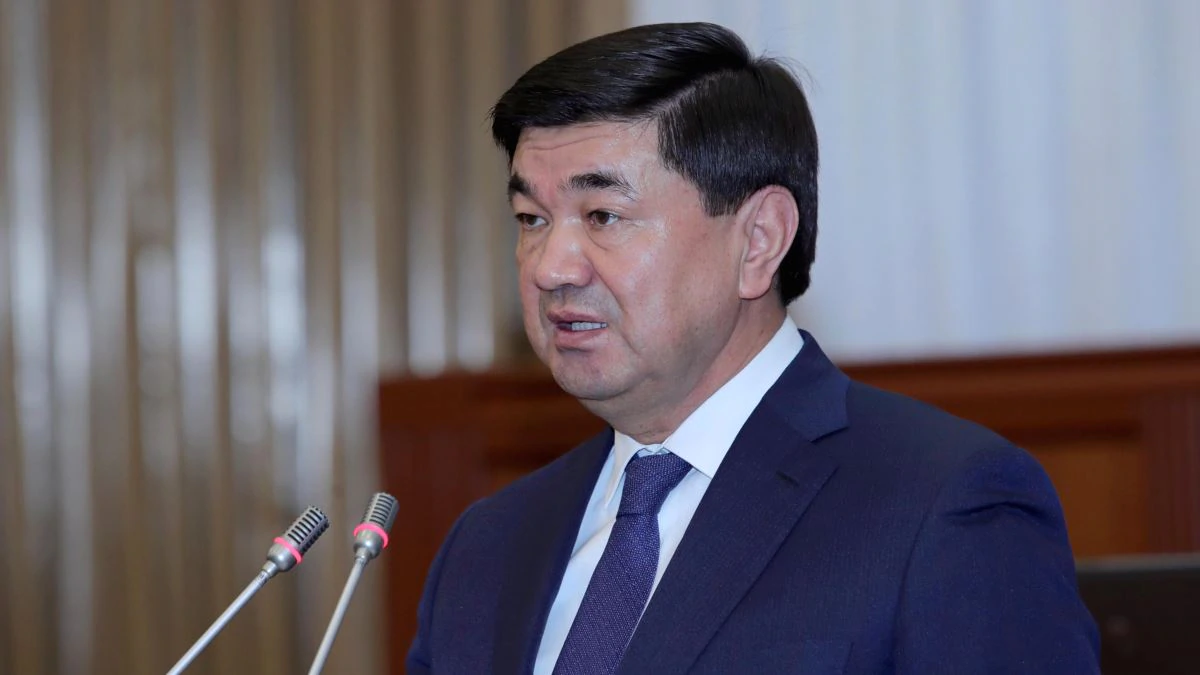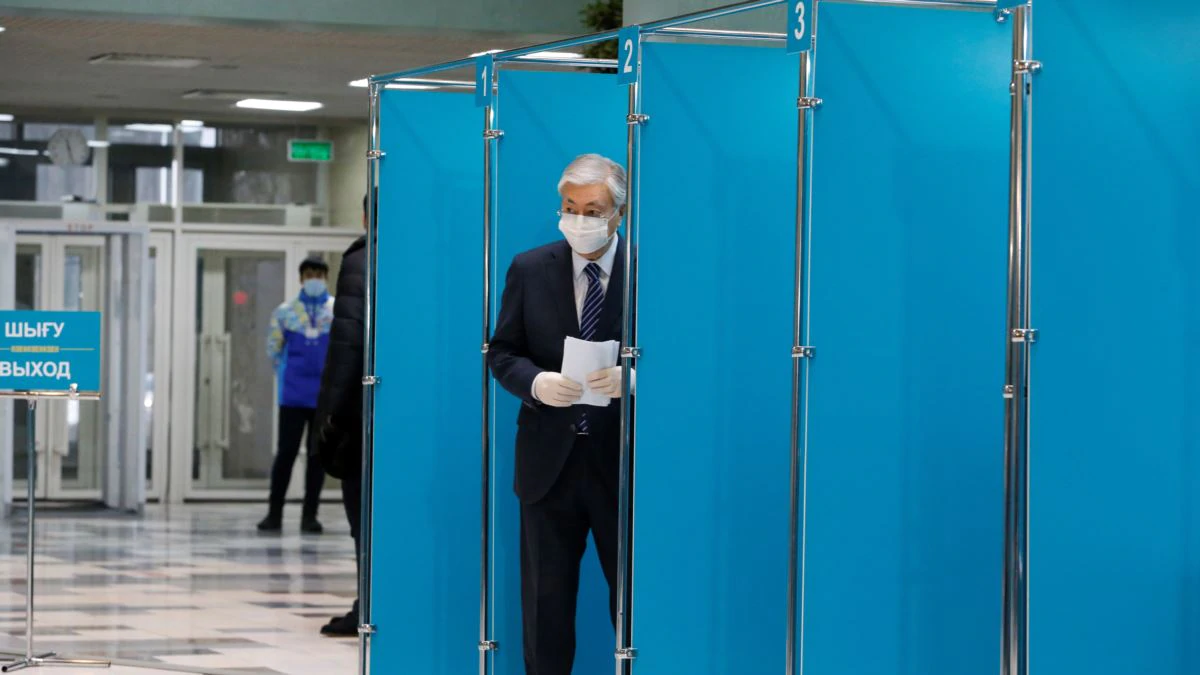Russian opposition politician Aleksei Navalny’s time as an Amnesty International “prisoner of conscience” was short-lived — but not because he was released from detention.
Navalny received the designation on January 17 following his arrest at a Moscow airport by Russian authorities who said he had violated the terms of a suspended sentence stemming from a 2014 embezzlement conviction. Navalny and his supporters say that both the conviction and the alleged violation are unfounded, politically motivated, and absurd.
The subsequent conversion of the suspended sentence into more than 30 months of real prison time promised to keep the ardent Kremlin critic away from street protests for the near-term, even as he stayed in the focus of anti-government demonstrators and human rights groups such as Amnesty.
But on February 23, Amnesty withdrew the designation, citing what it said were past comments by the 44-year old anti-corruption activist that “reach the threshold of advocacy of hatred.”
The term “prisoner of conscience” is widely attributed to the founder of Amnesty International, Peter Benenson, who used it in 1961 to describe two Portuguese students who had each been sentenced to seven years in prison simply for making a toast to freedom under a dictatorial government.
The label initially came to apply mainly to dissidents in the Soviet Union and its Eastern Bloc satellites, but over the years expanded to include hundreds of religious, political opposition, and media figures around the world, including countries of the former Soviet Union and others in RFE/RL’s immediate coverage region.
According to Amnesty’s current criteria for the designation, prisoners of conscience are people who have “not used or advocated violence but are imprisoned because of who they are (sexual orientation, ethnic, national, or social origin, language, birth, color, sex or economic status) or what they believe (religious, political or other conscientiously held beliefs).”
Navalny’s delisting has been tied by Amnesty to comments he made in the mid-2000s, as his star as a challenger to President Vladimir Putin and as an anti-corruption crusader in Russia was on the rise, but also as he came under criticism for his association with ethnic Russian nationalists and for statements seen as racist and dangerously inflammatory.
And while the rights watchdog acknowledged that the flood of requests it received to review Navalny’s past statements appeared to originate from pro-Kremlin critics of Navalny, Amnesty ultimately determined that he no longer fit the bill for the designation, even as the organization continued to call for his immediate release from prison as he was being “persecuted for purely political reasons.”
The “prisoner of conscience” designation is a powerful tool in advocating for the humane treatment of people who hold different religious, political, and sexual views than the powers that be — in some cases helping to lead to the release of prisoners.
Here’s a look at some of the biggest names who have been or remain on the list.
In Russia
Russia is a virtual cornucopia of prisoners of conscience, with formidable political opposition figures, journalists, LGBT rights activists, and advocates for ethno-national rights gracing the list.
Political Opposition
Boris Nemtsov, the opposition politician who was shot dead in 2015, received the designation in 2011, along with activists Ilya Yashin and Eduard Limonov, after they attended a rally in Moscow in support of free assembly.
Big Business
Former Yukos owners Mikhail Khodorkovsky’s and Platon Lebedev’s listing the same year relating to what Amnesty called “deeply flawed and politically motivated” charges that led to their imprisonment years earlier drew sharp condemnation from the Russian Foreign Ministry.
‘Terror Network’
In February 2020, Amnesty applied the designation to seven men standing trial in central Russia on what it called “absurd” charges relating to membership in a “nonexistent ‘terrorist’ organization.”
Days later, all seven members were convicted and sentenced to prison for belonging to a “terrorist cell” labeled by authorities as “Network” that the authorities claimed planned to carry out a series of explosions in Russia during the 2018 presidential election and World Cup soccer tournament.
Religious Persecution
Aleksandr Gabyshev — a shaman in the Siberian region of Yakutia who has made several attempts to march on foot to Moscow “to drive President Vladimir Putin out of the Kremlin” — was briefly placed in a psychiatric hospital in September 2019 after he called Putin “evil” and marched for 2,000 kilometers in an attempt to reach the capital.
“The Russian authorities’ response to the shaman’s actions is grotesque,” Amnesty said. “Gabyshev should be free to express his political views and exercise his religion and beliefs just like anyone else.”
In May 2020, riot police raided Gabyshev’s home and took him to a psychiatric hospital because he allegedly refused to be tested for COVID-19. Amnesty called for his immediate release.
But in January, Gabyshev was again forcibly taken to a psychiatric clinic after announcing he planned to resume his trek to Moscow to oust Putin.
In Ukraine
Prominent Ukrainian filmmaker and activist Oleh Sentsov made the list after he was arrested in Crimea in May 2014 after the peninsula was illegally annexed by Russia.
Amnesty repeatedly called for the release of Sentsov after he was sentenced to 20 years in prison on a “terrorism” conviction in what the rights watchdog declared was an “unfair trial on politically motivated charges.”
After five years in prison in Russia, Sentsov was released in a prisoner swap between Kyiv and pro-Russia separatists fighting in eastern Ukraine.
Sentsov was far from the only Ukrainian to be taken down for criticizing Russia’s seizure of Crimea, prompting Amnesty to call for the release of all “all Ukrainian political prisoners” being held in Russia.
Among them is the first Jehovah’s Witness to be sentenced by Russian authorities in the annexed territory, Sergei Filatov. The father of four was handed a sentence of six years in prison last year for being a member of an extremist group in what Amesty called “the latest example of the wholesale export of Russia’s brutally repressive policies.”
In Belarus
In Belarus, some of the biggest names to be declared “prisoners of conscience” are in the opposition to Alyaksandr Lukashenka, the authoritarian leader whose claim to have won a sixth-straight presidential term in August has led to months of anti-government protests.
Viktar Babaryka, a former banker whose bid to challenge Lukashenka was halted by his arrest as part of what Amnesty called a “full-scale attack on human rights” ahead of the vote, went on trial on February 17 on charges of money laundering, bribery, and tax evasion.
Fellow opposition member Paval Sevyarynets, who has been in custody since June, was charged with taking part in mass disorder related to his participation in rallies during which demonstrators attempted to collect signatures necessary to register presidential candidates other than Lukashenka.
The popular blogger Syarhey Tsikhanouski was jailed after expressing interest in running against Lukashenka and remains in prison. Three of his associates went on trial in January on charges of organizing mass disorder in relation to the mass protests that broke out after the election.
Tsikhanouski’s wife, Svyatlana Tsikhanouskaya, took his place as a candidate and considers herself the rightful winner of the election.
In Kazakhstan
Aigul Otepova, a Kazakh blogger and journalist accused of involvement in a banned organization, was forcibly placed by a court in a psychiatric clinic in November, prompting Amnesty to declare her a “a prisoner of conscience who is being prosecuted solely for the peaceful expression of her views.”
Otepova has denied any affiliation with the Democratic Choice of Kazakhstan (DVK) opposition movement, which has been labeled an extremist group by the Kazkakh authorities, and Otepova’s daughter told RFE/RL that the authorities were trying to silence her ahead of Kazakhstan’s parliamentary elections in January.
Otepova was released from the facility in December.
In Iran
Iranian human rights lawyer Nasrin Sotoudeh, who has represented opposition activists including women prosecuted for removing their mandatory head scarves, was arrested in 2018 and charged with spying, spreading propaganda, and insulting Iran’s supreme leader.
She found herself back in prison in December, less than a month after she was granted a temporary release from her sentence to a total of 38 1/2 years in prison and 148 lashes.
Amnesty has called Sotoudeh’s case “shocking” and considers her a “prisoner of conscience.” In its most recent action regarding Sotoudeh, the rights watchdog called for her to be released “immediately and unconditionally.”
In Kyrgyzstan
Amnesty International in August 2019 called the life sentence handed down to Kyrgyz rights defender Azimjan Askarov a “triumph of injustice.”
The ethnic Uzbek Askarov was convicted of creating a mass disturbance and of involvement in the murder of a police officer during deadly interethnic clashes between local Uzbeks and Kyrgyz in June 2010 when more than 450 people, mainly Uzbeks, were killed and tens of thousands more were displaced.
Askarov has said the charges against him are politically motivated, and the UN Human Rights Committed has determined that he was not given a fair trial and was tortured in detention.
In May, after the Supreme Court upheld a lower court’s decision to not review Askarov’s sentence, Amnesty said the ruling “compounds 10 years of deep injustice inflicted on a brave human rights defender who should never have been jailed.”
In Pakistan
Amnesty has called the case of Junaid Hafeez “a travesty” and in 2019 called on Pakistan’s authorities to “immediately and unconditionally” release the university lecturer charged with blasphemy over Facebook uploads.
Hafeez was charged under the country’s controversial blasphemy laws, which Amnesty has called on the country to repeal, describing them as “overly broad, vague, and coercive” and saying they were “used to target religious minorities, pursue personal vendettas, and carry out vigilante violence.”
Hafeez has been in solitary confinement since June 2014.
In Azerbaijan
Human rights activists Leyla Yunus and Arif Yunus were arrested separately in 2014 and convicted of economic crimes in August 2015 after a trial Amnesty denounced as “shockingly unjust.”
After Leyla Yunus was sentenced to 8 1/2 years in prison, and her husband to seven years, Amnesty said that the rulings showed the “continuous criminalization of human rights defenders in Azerbaijan.”
After the two were released on health grounds in late 2015 and their prison sentences reduced to suspended sentences, the European Court of Human Rights (ECHR) ordered Azerbaijan to pay them approximately $45,660 for violating their basic rights.
In April 2016, they were allowed to leave the country and settled in the Netherlands.
In Uzbekistan
In 2009, Amnesty called for the immediate release of rights activists Azam Farmonov and Alisher Karamatov, who were detained in 2006 while defending the rights of farmers in Uzbekistan who had accused local officials of extortion and corruption.
Amnesty said the two men had allegedly been tortured and declared them “prisoners of conscience.”
In 2012, Karamatov was released after serving nearly two-thirds of a nine-year prison sentence.
Farmonov served 10 years before his release in 2017, but reemerged in March when his U.S.-based NGO representing prisoners’ rights in Uzbekistan, Huquiqiy Tayanch, was successfully registered by the country’s Justice Ministry.
Written by Michael Scollon, with additional reporting by Golnaz Esfandiari
This post was originally published on Radio Free.
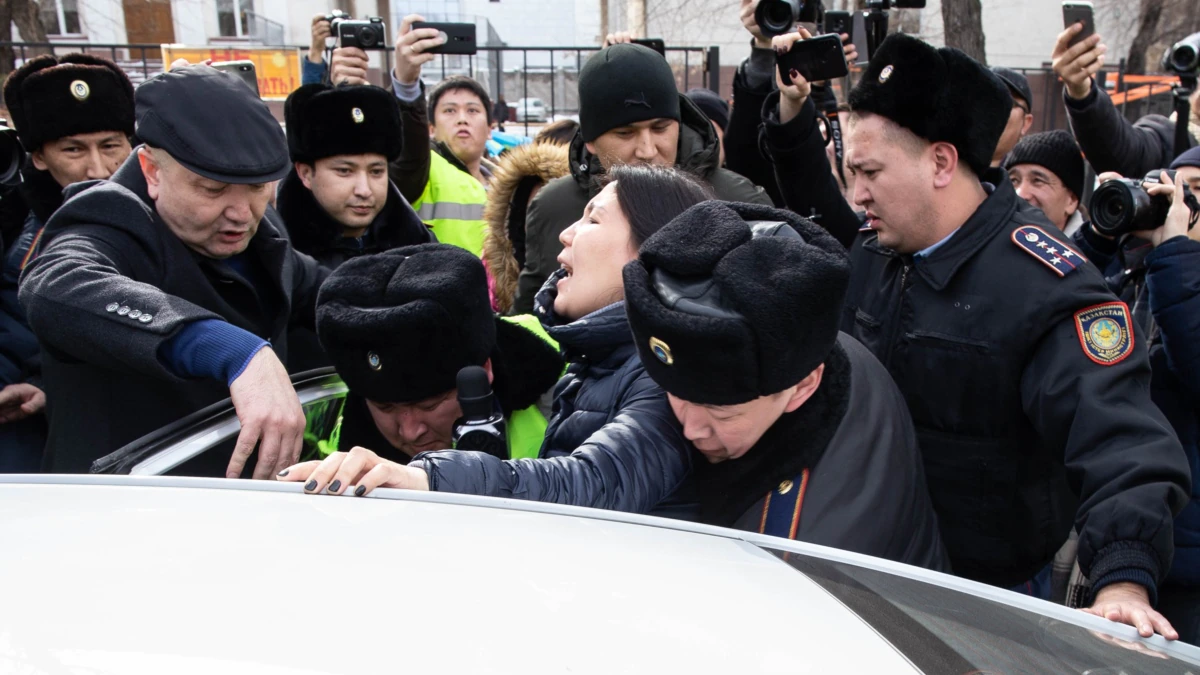

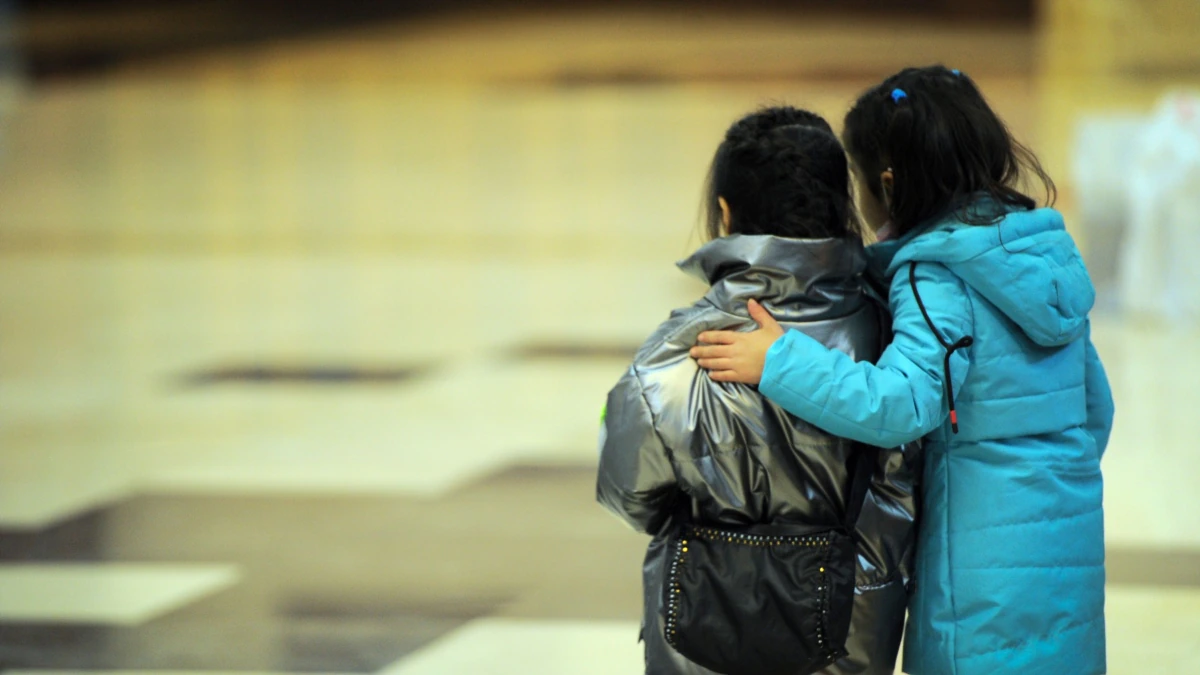

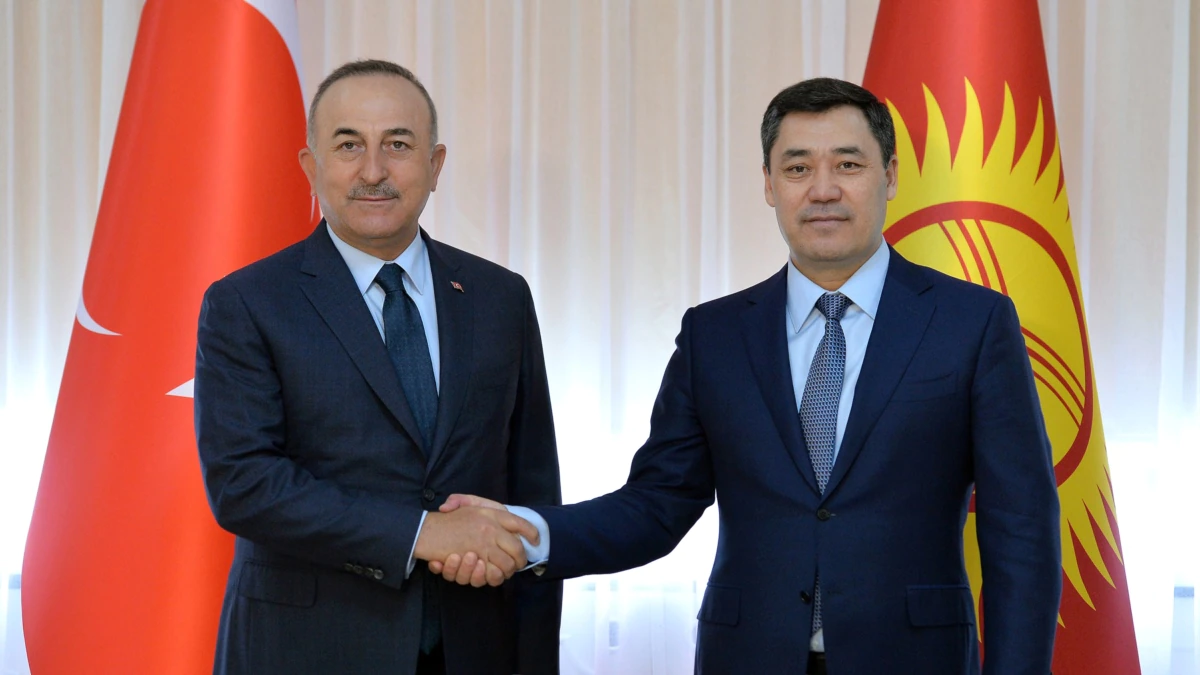

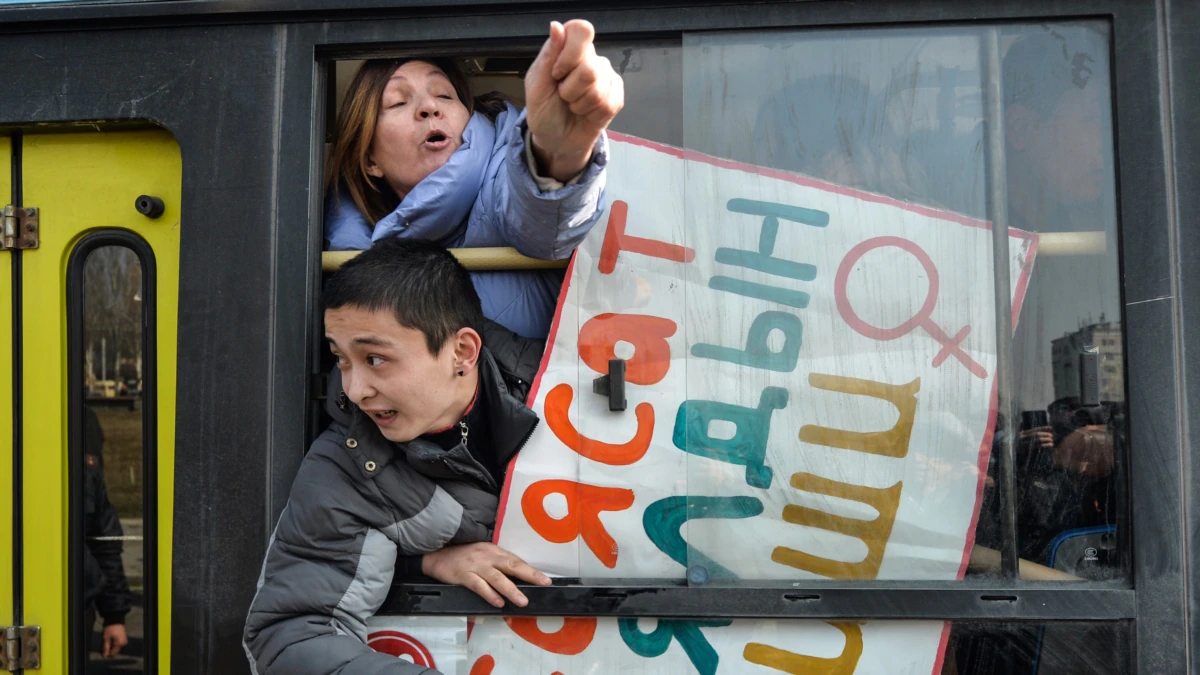
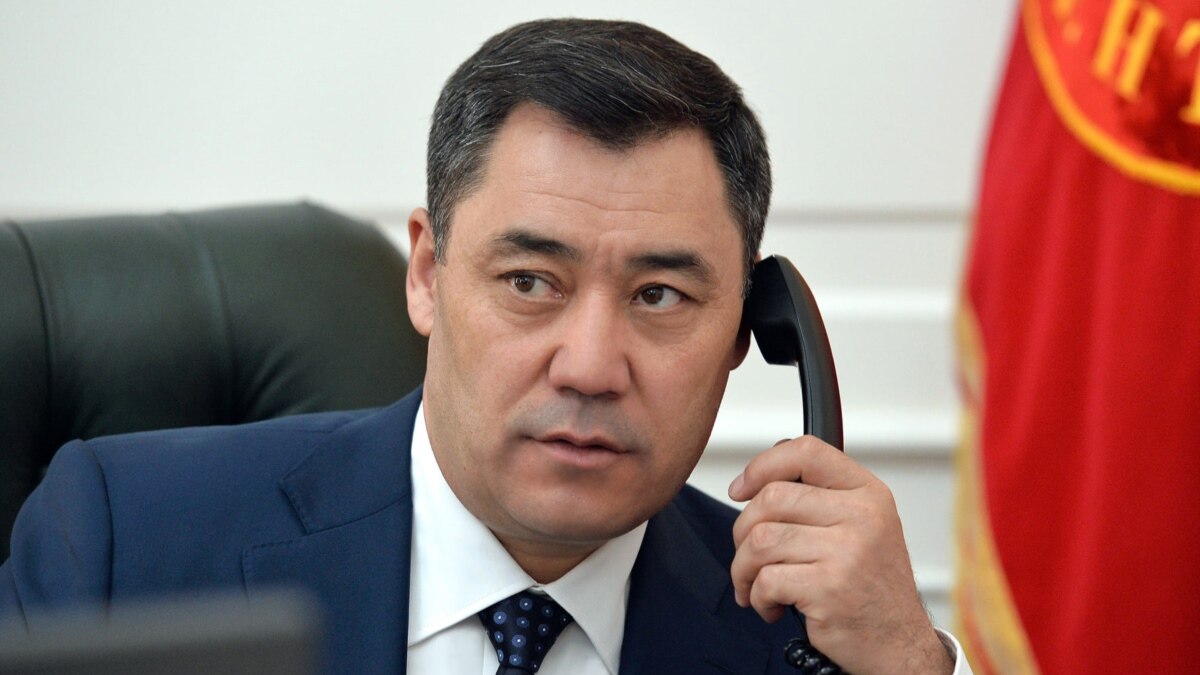

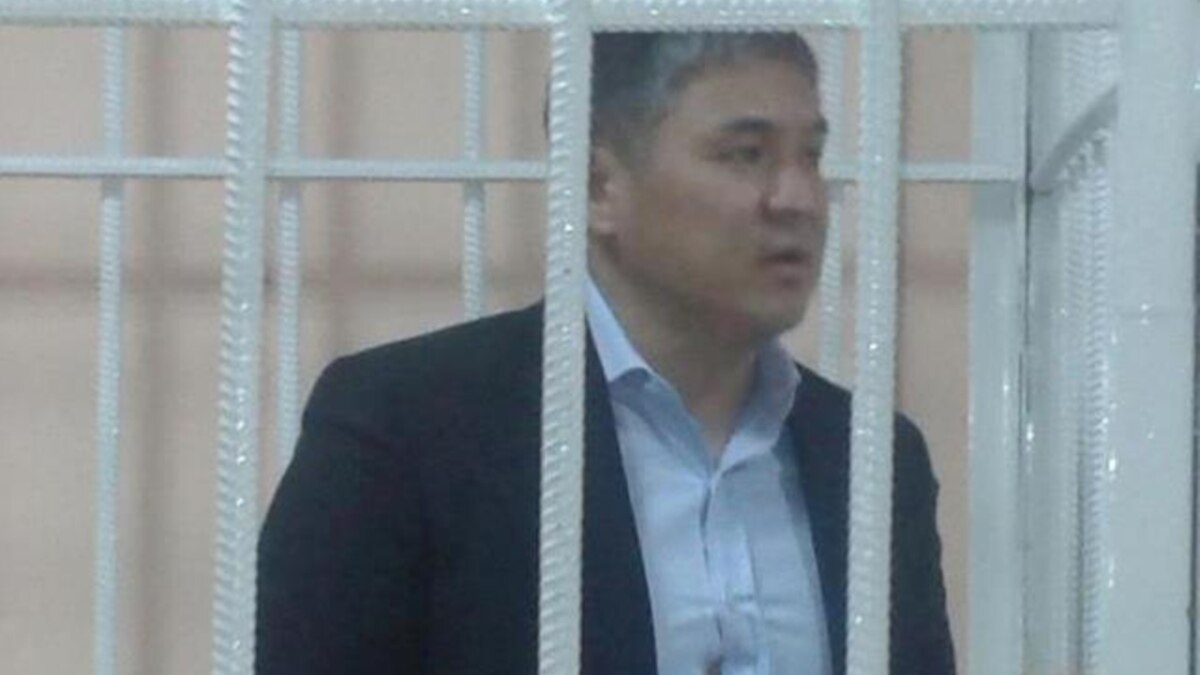















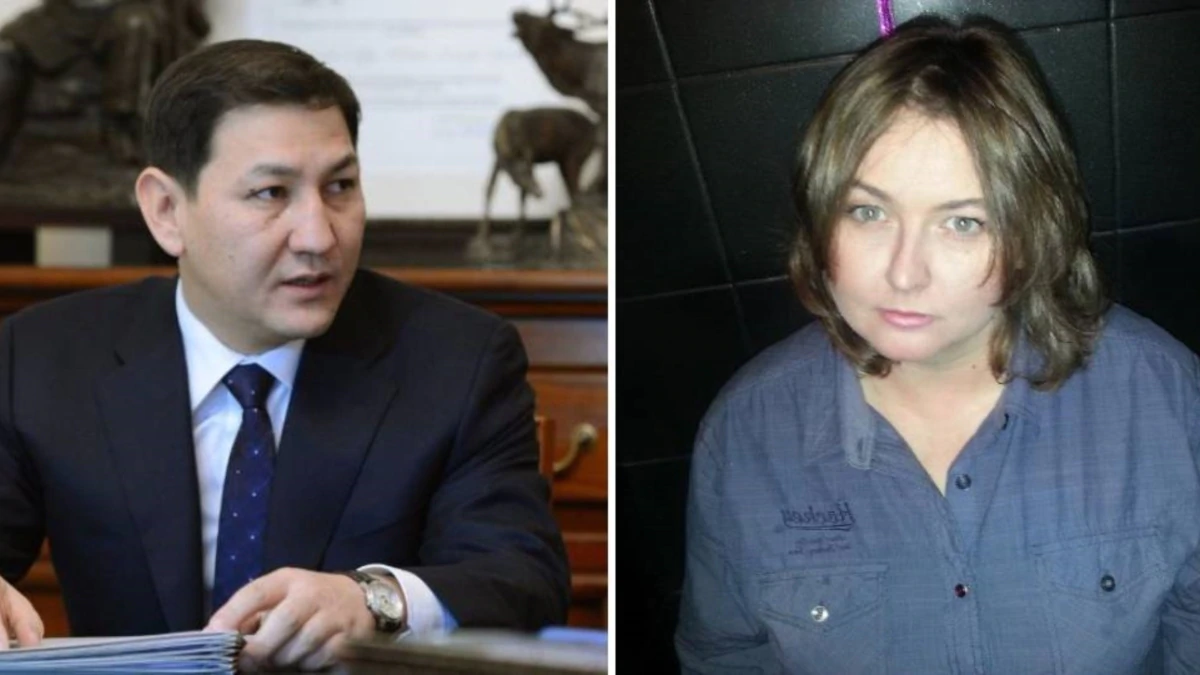


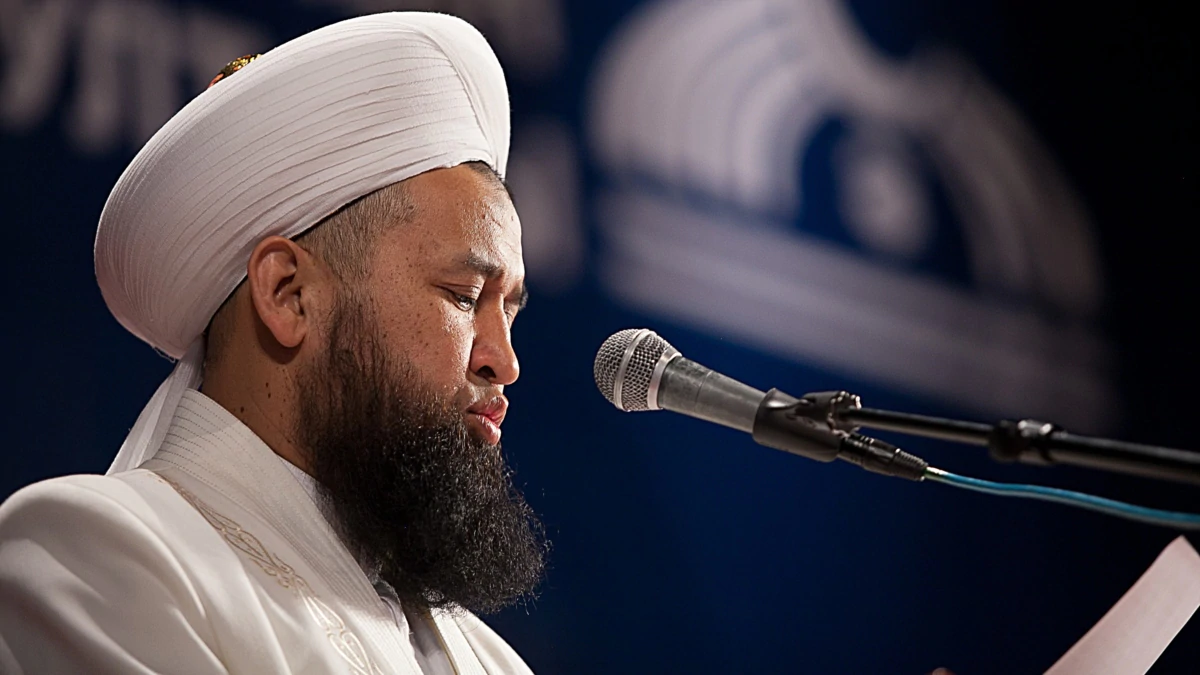
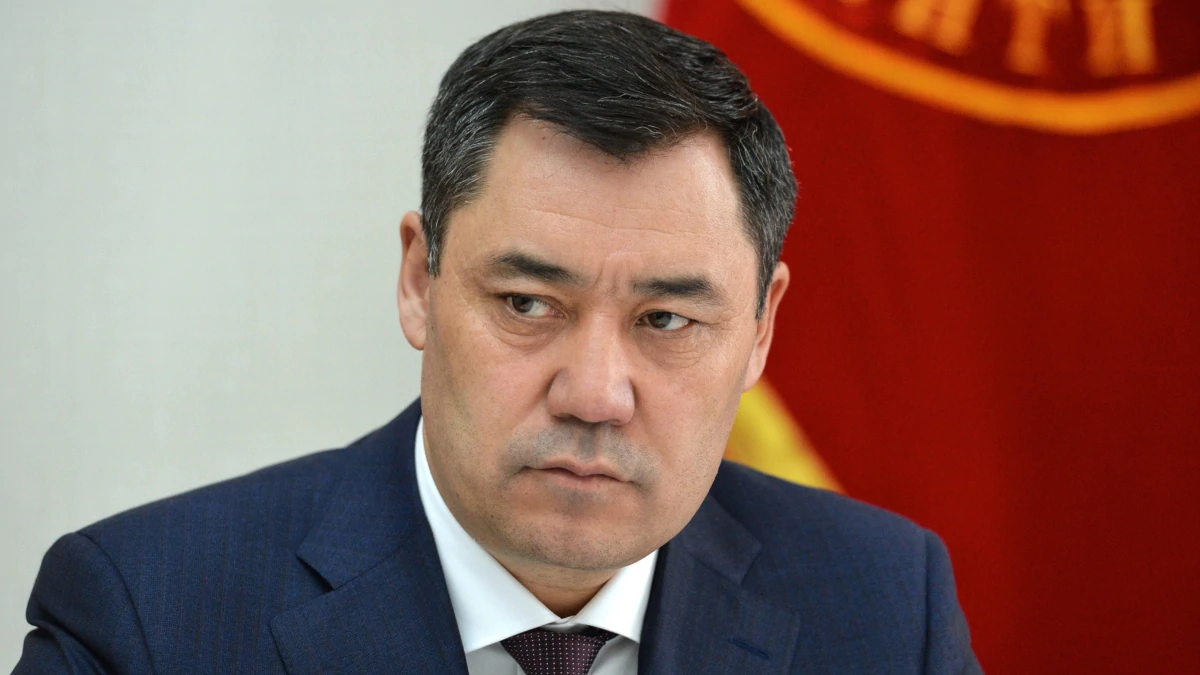
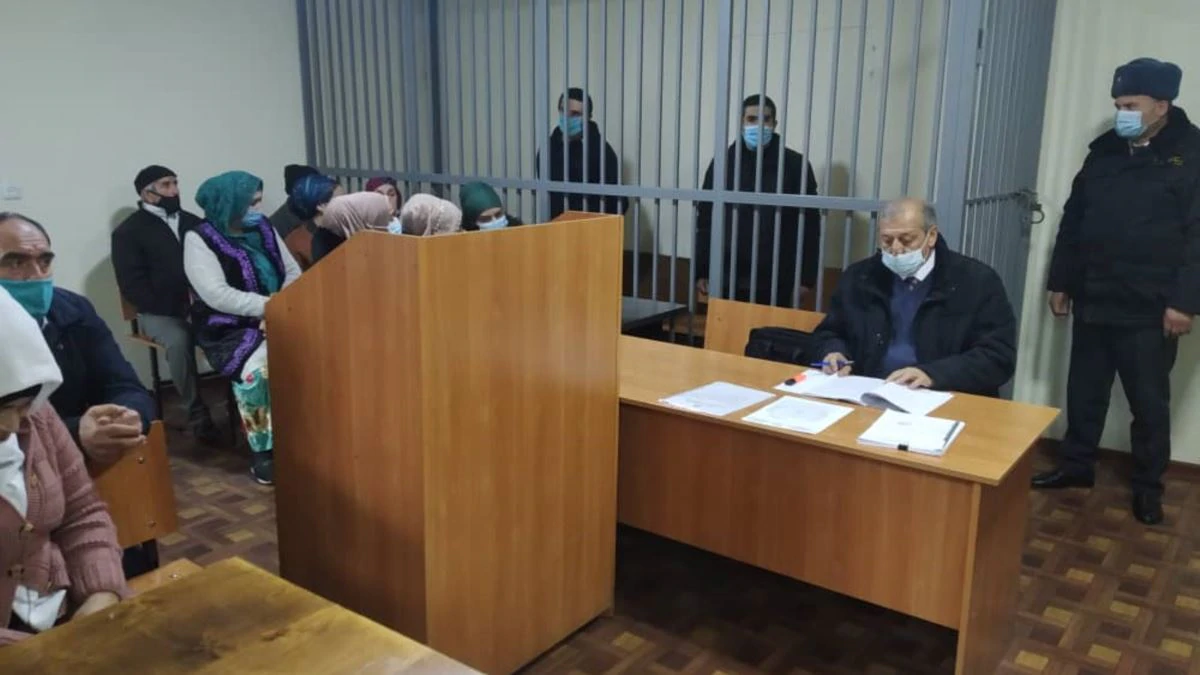
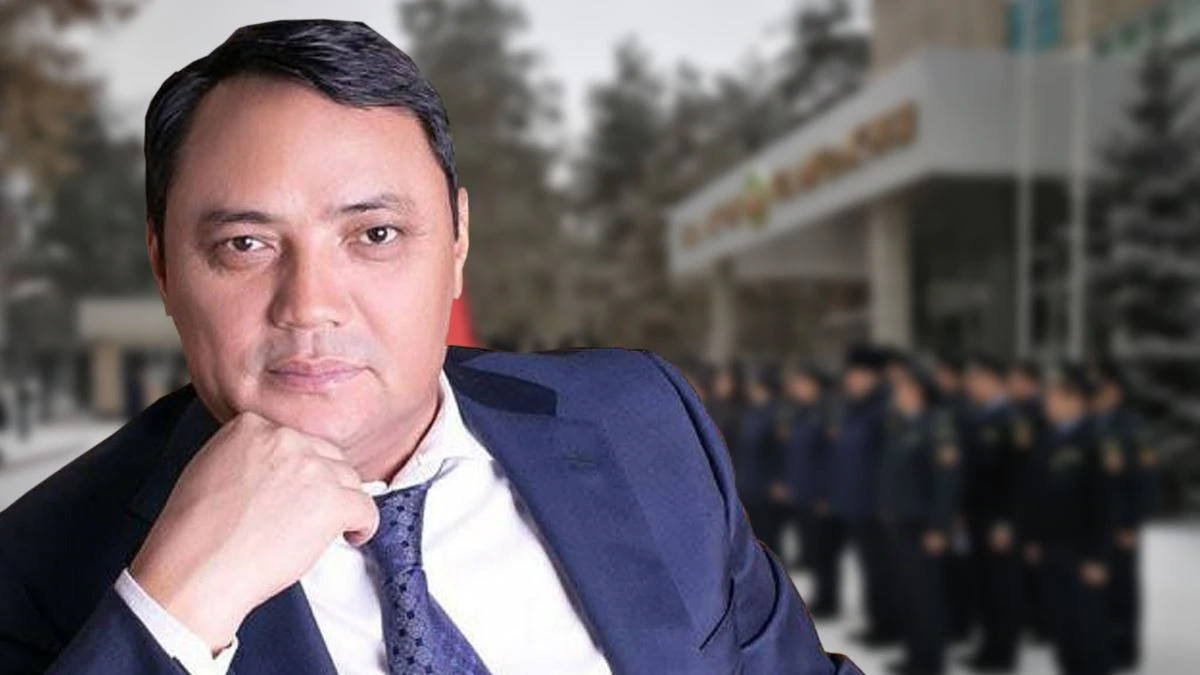

![Lawmaker Natalia Nikitenko: “It will no longer be possible to hide [the crime] in the name of reconciliation.” (file photo)](https://gdb.rferl.org/efa4cb5f-1b91-4d7d-8698-18b8ace79ecf_cx18_cy21_cw81_w250_r1_s.jpg)

